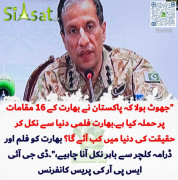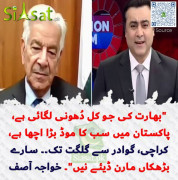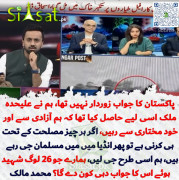Nah I always open to a good discussion. I think what you are struggling with is, is if a text is written down then how can it be wrong? Because in todays world that is how we proceed. To understand this you have to go back to understand why first of all there was a need for books on Hadith.
Prophet s.a.w was a huge personality without a doubt. And once he passed away, people still wanted to hear about him and what he used to do and how he was in life etc etc. This is just human nature. Like today for example we love to hear about famous personalities too, hence biographies are so popular. Whole industry is based on this today like all these filmi gossip news etc etc and this is not some cheap hollywood celeb we are talking about here, he is the king of kings, ruler of the believers. Allah's final Prophet and Messenger s.a.w
So people started to narrate the hadith and people would come and listen, you also have to understand Arab culture was also an oral culture and this was also what kept most people busy during off working hours. But over time these started to get convoluted, just to get more wah wah and draw more audiences people started to exaggerate and add lies to them. Some started to abuse hadith for their own personal gain, supposing someone wanted to his wife to do something she didn't want to, he knew she would not listen to her, but knew she wouldn't refuse the word of the Prophet so he would tell her that in a form of a hadith, which was totally fabricated, one of the reason I am guessing we have so many hadith that are anti women, like majority of the dwellers of hell fire will be women, a womans testimony is equal to half of that a man, woman are not as smart as men etc etc.
This is also when hadith about a mahdi started, because people were sick of the tyranny of the rulers of Sham so to rally the troops and raise morale hadith about a knight in shining armour rising descending on to a white minaret in Sham who would come and establish just rule. And then the shia went a step further and incorporated these into their deen.
And also think of it how would the munafiq and enemies of Islam attack Islam. They cannot make changes or make additions to the Quran that is impossible to do, so what is much easier to do and much softer target, hadith.
So to stop this Imam Bhukari decided to shift through all these fake, fabricated and dhaif hadith and recorded the correct ones into a single collection. But this was 200 plus years after the Prophet s.a.w had passed, but you can imagine how hard that must be in a time and culture where there were no written records kept, no internet, no electronic media, no newspapers. So each hadith had to be verified by talking to people and then judging on those basis and those chains if the Hadith was sahih or dhaief. Today historians can't get 100% facts right about events that happened less than a 100 years ago, imagine how hard it would have been back then. And we have to factor this aspect in hadith too.
Imam Bhukari collected I think 300,000 hadiths, out of which he only put 7000 and change into his collection out of which most are just repetitions of the same event narrated by different narrators. So in total in has only 2,602 unique hadiths
But like I mentioned even the authenticity of the actual Sahih is in doubt today as in not that the Imam Bhukari did anything wrong, but that we don't have a verifiable copy of his actual collection, every copy of Sahih Bhukari we have today is from a single unverifiable, unknown student of his Muhammad Ibn Yusuf Al Frabri. In the science of hadith a hadith cannot be classified even if one of the narrators in the chain is unverifiable or unknown. So technically the entire Sahih Bhukhari we have today is technically Dhaif i.e weak according to hadith sciences itself.
Major scholars have outright refused to debate on this issue, like Johnathan Brown, Yasir Qadhi and the likes and I can see why, if the hadith is put into question 98% of the deen they preach ( not necessarily practice) vanishes into thin air, get labeled as heretics and lose all their following i,e $$$$
So thats what I meant is its better to stay away from hadith in the sense of taking any deen from it. As historical reading its absolutely amazing and one can and does learn a lot but to derive deen from something so contentious wouldn't be wise.
Also on another note there are 50 plus recognized hadith collections, how is it the Allah's s.w.t own book in which he says he has completed his deen in it, is in just one book, but then is followed by 50 more collections of deen written by men!
Watch this from 24:26. This addresses you entire question.
































